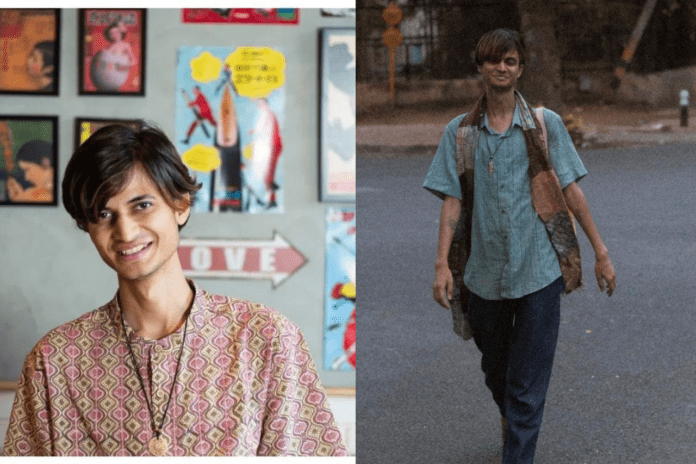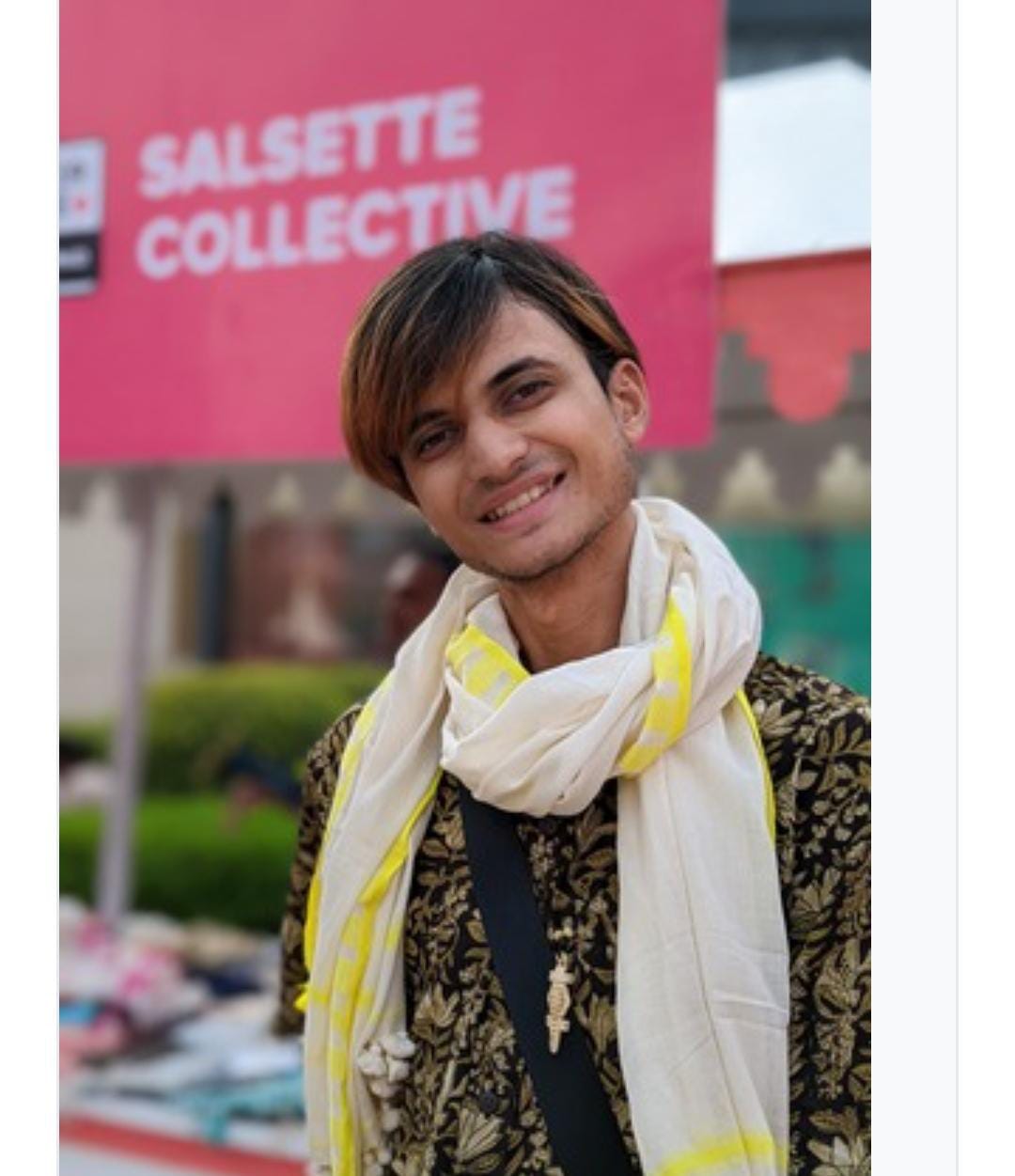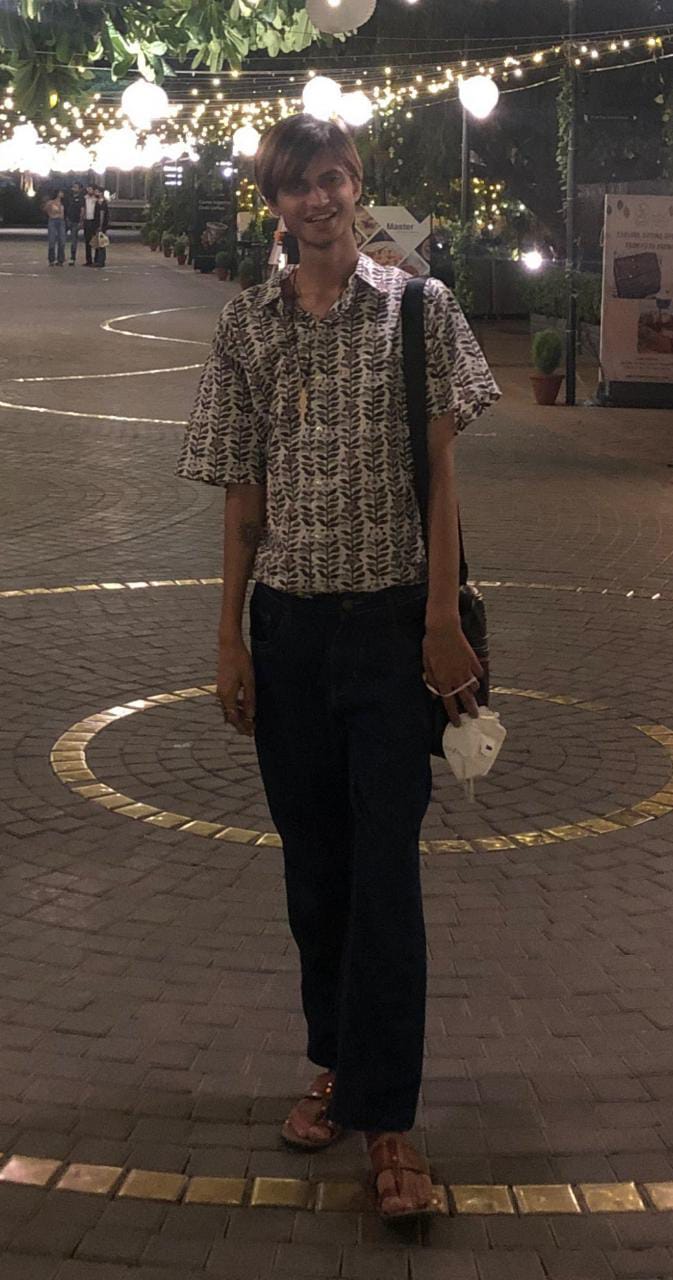24-year-old Aman Giri has gone from a traumatic childhood experience to raising awareness about homosexuality. But it was filled with conflicting family expectations and social pressures. He was in second grade when he first noticed that he was attracted to boys but had never heard of the word LGBTQ.
Due to the prevalence of heteronormative cultural practices in our society, it is difficult for all gay youth to disclose their sexual orientation. Your sexuality defines you largely. The sexuality of gay children is not addressed to the same extent because heterosexual people are considered “normal.” It’s what you see every day: your parents, people on television, your teacher, and the vast majority of people around you. Homosexual growth, on the other hand, is not easy and incomprehensible. Being gay is considered shameful and religiously evil (in some countries).
Talking about one such incident where Aman was shamed for his sexual preference, he said, “So, during one of my classes, I was talking about my crush, and one of the girls who wanted to exact revenge on me told the teacher about it in front of the entire class because she didn’t like how confident and bold, I was about my feelings. It felt invasive and overwhelming. I was very scared and embarrassed.”
Gay children face unique challenges, and parents’ lack of sensitivity makes them ill-prepared to deal with their experiences. Aman followed the path of self-healing and pursued therapy to combat childhood trauma. He couldn’t change his parents, but the treatment made him feel good and filled the gaps his parents had left behind as a child. Parents should always let their children know they are behind them and support them no matter what.
Aman decided to come out while studying at University. He was blessed with much love, support, and encouragement from his friends and teachers at the University. They immediately embraced him, but his parents were strict with him. They initially believed that he was imitating Western culture.
He confessed that coming out was not easy, and he was full of anxiety. Some of the lectures he attended while getting a BA in English from Ambedkar University in Delhi caused him to have an existential crisis. As these feelings grow stronger, it becomes vital to take self-care seriously.
Aman said: “In today’s competitive and fast-paced world, where we constantly try to be the best version of ourselves to achieve our dreams, we become too strict with ourselves. For self-care, I listen to music, eat good food, travel, and go out with friends.”
All of this led him to start his journey as an activist and co-founded Nazariya, a grassroots LGBT+ Straight alliance and intersectional feminist social justice advocacy group. Talking about Nazariya, Aman said, “As the movement for the liberation of the LGBTQ+ community is gaining momentum in India, in many ways, we struggle more than other social movements to get recognized.
Nazariya was founded by Ruth Chawngthu in August 2017- a group of Delhi University students. Nazariya aimed to create safe spaces for the members of LGBTQ+ communities and for the straight allies to interact and socialize. This alliance is also an intersectional feminist social justice advocacy group. So, we advocate for queer as well as social justice. We also empower the open-minded youth to find prejudice, injustice, casteism, sexism, and racism.”
Aman’s journey embodies the saying, “Birds sing after the storm.” No matter how bad the situation is, always keep a positive outlook, be grateful for what you have, and do your part for the people that need your help.




